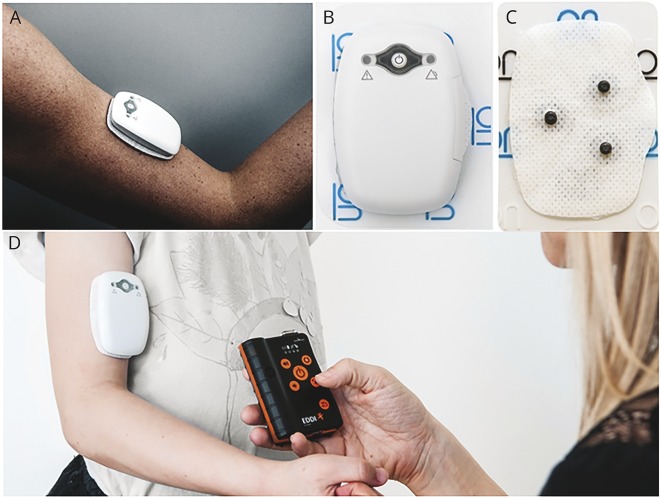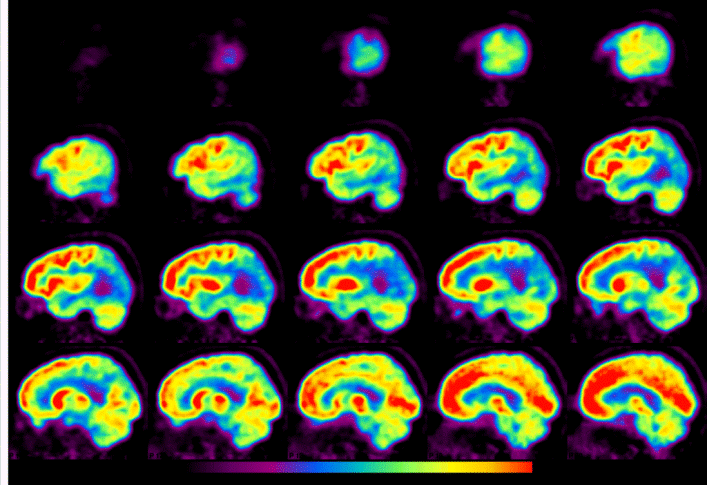Posts Tagged ‘diagnostic’
Next in clinical practice: Automated real-time detection of seizures via wearable EMG devices
___ Wearable EMG Found to Detect Seizures (Neurology Today): “A new study demonstrates the feasibility of using a wearable electromyography device to detect tonic-clonic seizures…The Neurology paper was among the first to demonstrate its results prospectively, using a pre-specified cut-off for determining that a GTCS is occurring. And at nine seconds, its latency in doing so…
Read MoreStudy: Brain imaging not accurate or sensitive enough (yet) to detect Alzheimer’s disease in primary care settings
Accuracy of dementia brain imaging must improve (University of East Anglia release): “A report published today in The Lancet Neurology evaluates for the first time how well different types of brain imaging tests work to detect Alzheimer’s and predict how the disease will progress. The results show that the accuracy of brain imaging must be…
Read MoreSensible and perplexing changes in ADHD diagnostic criteria (DSM‑V)
The American Psychiatric Association recently published DSM‑V, the first major revision to the diagnostic manual for psychiatric disorders since 1994. In DSM‑V, ADHD is included in the section on Neurodevelopmental Disorders, rather than being grouped with the disruptive behavior disorders, i.e., Oppositional Defiant Disorder and Conduct Disorder. This change better reflects the way ADHD is…
Read MoreShall we question the brand new book of human troubles
With three years still left until publication, the fights over the new version of the psychiatric diagnostic manual, the DSM‑V, are hotting up and The New York Times has a concise article that covers most of the main point of contention. — “What you have in the end, Mr. Shorter said, “is this process of…
Read MoreCognitive screenings and Alzheimer’s Disease
The Alzheimer’s Foundation of America just released a thoughtful report advocating for widespread cognitive screenings after the age of 65 (55 given the right conditions). According to the press release, — “The report shatters unsubstantiated criticism and instead emphasizes the safety and cost-effectiveness of these tools and calls on Congress to develop a national dementia…
Read More


